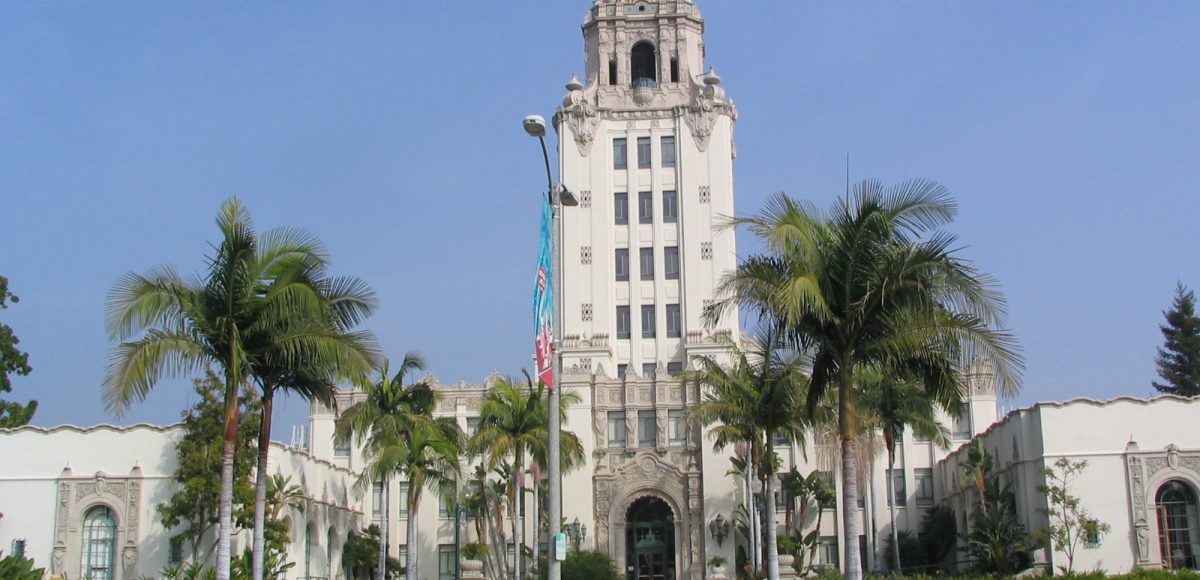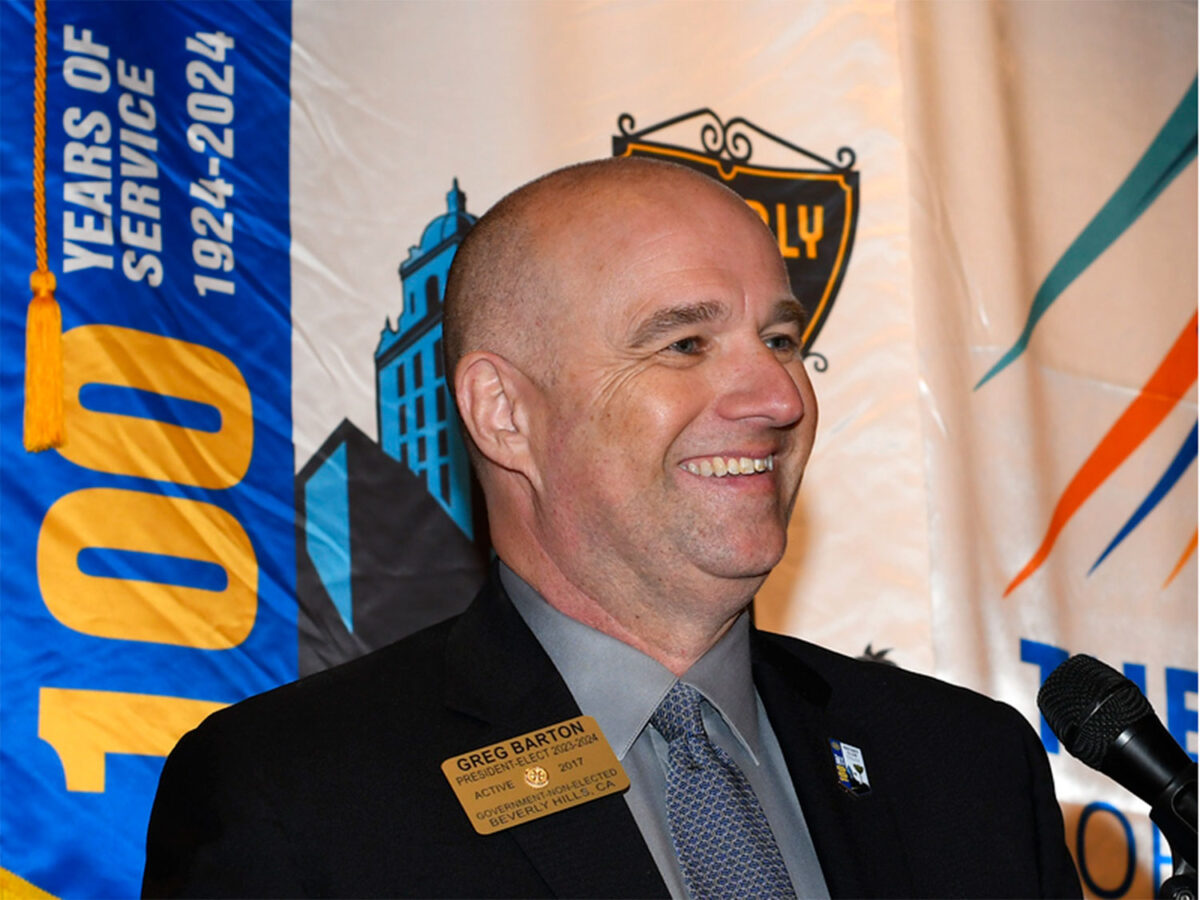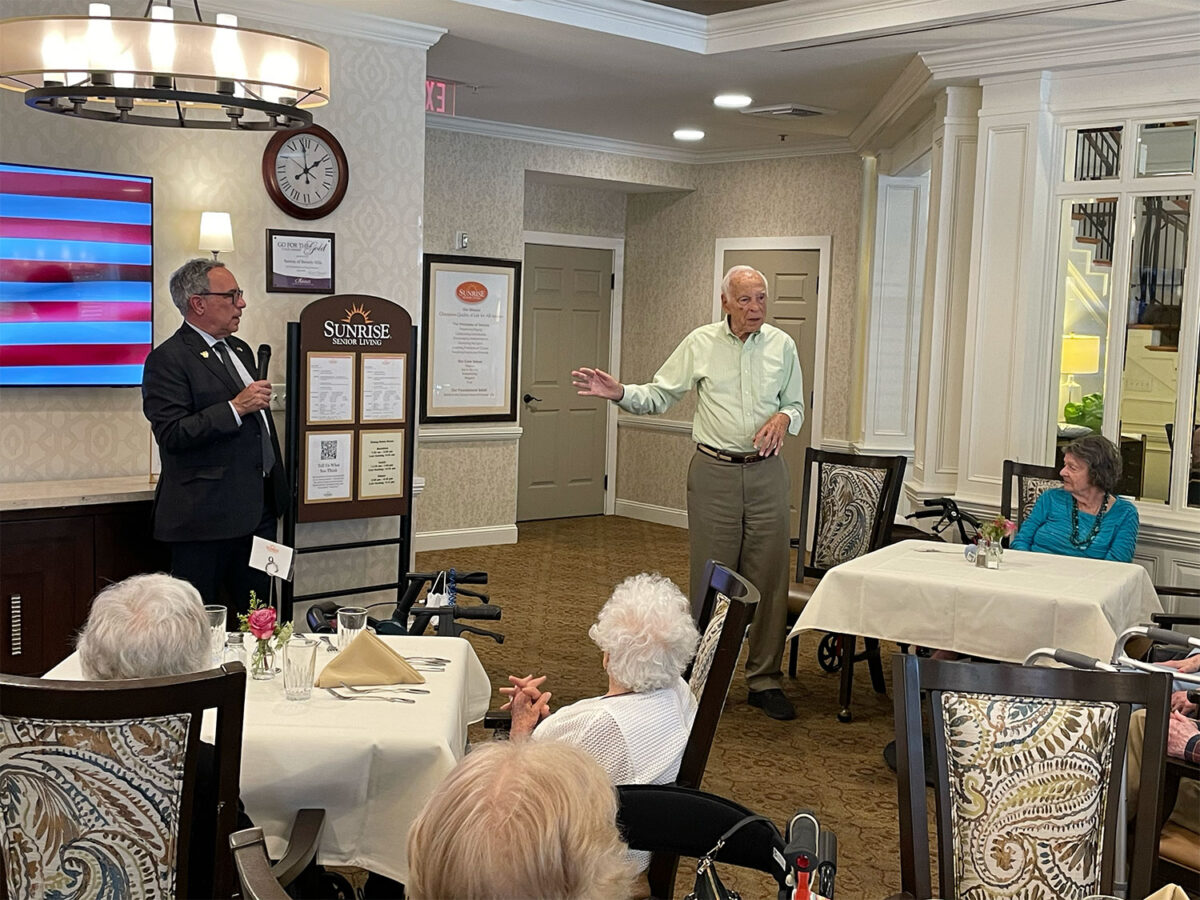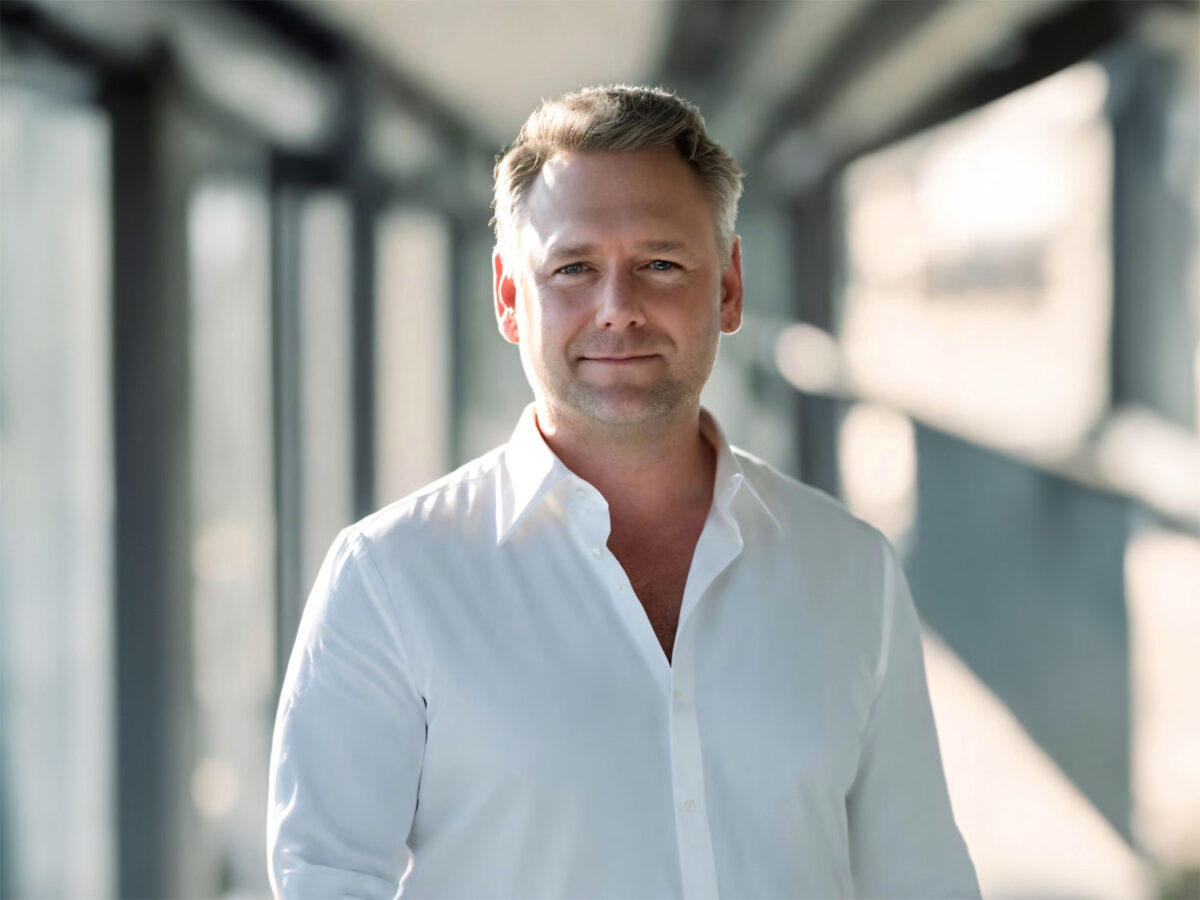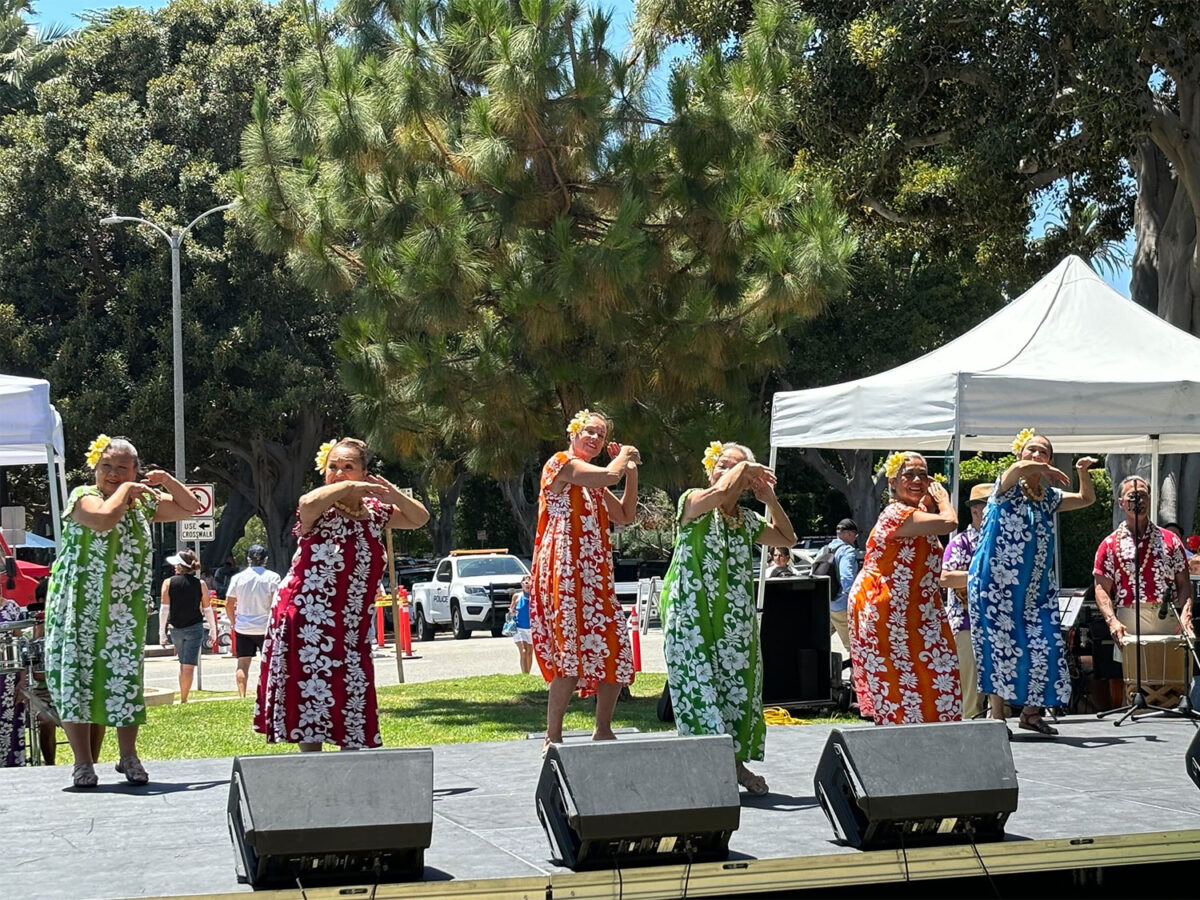Just one day after the 75th anniversary commemorating the liberation of the most deadly concentration camp during the Holocaust, Auschwitz, the Beverly Hills City Council unanimously adopted a definition of anti-Semitism. Historians estimate that six million Jews were systematically murdered during the Holocaust.
In response to an increase of anti-Semitic attacks across the county, including last month’s anti-Semitic vandalism at Nessah Synagogue in Beverly Hills, the Council reaffirmed its commitment to take meaningful measures to ensure that its actions reaffirm the promise of “never again.”
“We need to take as strong a stance as we possibly can against this,” said Mayor John Mirisch who had asked City staff earlier this month to return to the City Council with a formal proposal. “We should not tolerate any kind of Jew hatred [and] I do think it’s up to us to set an example.”
Following a robust discussion at the Jan. 28 Study Session, the Council unanimously moved to adopt the definition used by the International Holocaust Remembrance Alliance (IHRA). That definition states: “Anti-Semitism is a certain perception of Jews, which may be expressed as hatred toward Jews. Rhetorical and physical manifestations of anti-Semitism are directed toward Jewish or non-Jewish individuals and/or their property, toward Jewish community institutions and religious facilities.”
In formulating its decision, the Council considered various definitions of anti-Semitism, including IHRA’s working definition, which has been adopted by over 30 countries including Israel. The World Jewish Congress has advocated for all IHRA members to adopt the definition in full and representatives from the Israeli-American Civic Action Network (ICAN) and the American Jewish Committee (AJC) urged the Council to adopt IHRA’s definition.
Other definitions considered by the Council included that of the Anti-Defamation League and the succinct definition provided by the Merriam-Webster Dictionary.
“Too often anti-Semitism is considered discrimination on the basis of religion without taking into account discrimination that Israelis or others experience on the basis of national origin, especially if they’re from the world’s only Jewish state,” said ICAN Chief Advocacy Officer Dillon Hosier, who shared that he has often experienced discrimination, despite not being Jewish or from Israel. “When you look at the tangible examples of how that (IHRA) definition is applied, it does take into account national origin discrimination that many experience as a result-of anti-Semitism and not just the religious aspects. Also, it includes discrimination against those who may not be Jewish but advance Jewish causes or Israeli causes. I think the IHRA definition is the most comprehensive.”
There are currently two legislative bills now being considered in the House and Senate that would adopt the IHRA definition, neither of which has found a co-sponsor by a member of the California Congressional Delegation. Hosier underscored that the Beverly Hills City Council would be “taking a strong leadership position” by adopting IHRA’s definition.
“It’s a tool for prosecutors, for law enforcement, for judges, for educators, etc., to understand what anti-Semitism is because we know it’s rising, and if we can’t define it and how complex it is and from its different sources, we won’t be able to proactively fight it,” said Holly Huffnagle, Assistant Director for AJC in Los Angeles. “We actually hope that other cities will follow Beverly Hills’ model in adopting a definition of anti-Semitism.”
Vice Mayor Lester Friedman, who characterized the lack of co-sponsors from the California Delegation as “shanda” (shameful in Yiddish), suggested that the City take steps to encourage a co-sponsor from California. In response, Mirisch suggested drafting a letter to Rep. Ted Lieu advocating that the congressman co-sponsor the Anti-Semitism Awareness Act of 2019 (H.R. 4009).
The City of Beverly has a history of condemning anti-Semitic behavior, including passing a resolution in October 2016 to oppose the United Nations Resolution to deny Jewish historical and religious claims to the Temple Mount and the Western Wall in Jerusalem. Additionally, the City passed a resolution that same year to support AB 2844, combatting the boycott, divestment and sanctions (BDS) of Israel Act 2016.
This past year has seen an uptick of anti-Semitic events in the United States, including the vandalism of Nessah Synagogue on Dec. 14, 2019. A report from the Center for the Study of Hate and Extremism at California State University, San Bernardino, found that anti-Semitic hate crimes in Los Angeles were poised to reach an 18-year high.
“Recently we have seen a rise in anti-Semitic hate crimes in Los Angeles with 58 occurring in the first 10 months of 2019. In comparison, there were only 29 in the first 10 months of 2018,” said Beverly Hills Policy and Management Analyst Cynthia Owens.
Owens cited the Anti-Defamation League’s audit of anti-Semitic incidents at colleges and universities, which showed an 86 percent increase over a two-year period from 108 incidents in 2016 to over 200 incidents in 2018.
“Our department is proud to have a City Council that leads with conviction and is an example to municipalities around the world,” Beverly Hills Police Chief Sandra Spagnoli told the Courier. “As demonstrated in our comprehensive police response to the Nessah Synagogue Hate Crime, we stand with our Council and community in solidarity, to protect and serve, and commit to keeping Beverly Hills a safe place to live, work and worship.
Mirisch advocated that the City Council urge UCLA, USC “and all of our universities here” to accept this definition and to act on it. Councilman Julian Gold strongly echoed Mirisch’s suggestion, underscoring how important it was for universities to demonstrate a strong stance against anti-Semitism.
“I feel defined by this,” said Councilwoman Lili Bosse, whose mother was a survivor of Auschwitz. “When I spoke to my mom when I was child growing up and I asked her, ‘Where was God during the Holocaust and where was everybody?’ And she said people didn’t speak. People didn’t speak up. We are speaking up. We hear ‘Never again.’ ‘Never forget.’ ‘Never give up.’ It is more than words. It is action. It’s definitely a statement to the world that it won’t happen again and we won’t allow it to happen again because we will speak up. We will not be silent.”
The City Council plans to further memorialize its adoption of the definition by resolution at its next meeting on Feb. 4.



